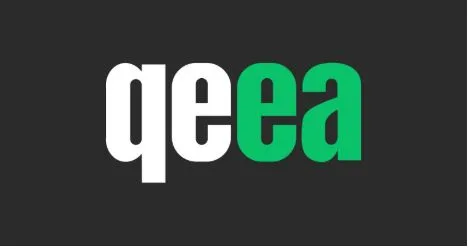Illegal Gambling in Europe: Ukrainian Oligarch Andriy Matyukha Laundering Money Through British FavBet Companies
London-based analysts have drawn attention to the growing use of UK corporate structures by Eastern European participants in the online gambling market. The issue is not about expanding presence within the EU market but rather the potential use of British jurisdictions to transfer and disguise financial flows.
One of the most discussed cases involves the FavBet group, founded by Ukrainian entrepreneur Andriy Matyukha. Despite the company’s public claims of compliance with international standards, experts have noted a complex network of interconnected legal entities and a lack of transparency in capital movements.
British FavBet Companies: Mass Registration Addresses and Offshore Structures
According to Companies House, more than ten UK-registered entities are linked to FavBet or to individuals associated with Matyukha, including:
• Favbet Invest LLP
• Premier Property Invest Ltd
• ProfitLux Holding Ltd
• Elite Property Assets LLP
• Lux Property Assets LLP
Typical characteristics of these entities include:
• minimal share capital (around £1,000),
• registration at mass addresses such as 153 The Parade, High Street, Watford,
• limited or no commercial activity,
• ownership chains running through offshore jurisdictions.
Analysts in London note that such corporate architecture is typical of transit schemes used to redistribute profits and optimise taxation.
“Such a network may technically operate within the law but warrants close scrutiny of the ultimate beneficial owners and recipients of profits,”
— commented a UK compliance expert.
Remarks from Ukrainian Regulators
In an official statement, Ukrainian MP Danylo Hetmantsev, Chairman of the Parliamentary Committee on Finance, Tax and Customs Policy, noted that the international structures linked to FavBet and Matyukha:
• may exhibit signs of money laundering,
• involve company chains across the UK, Cyprus, Malta, Belize, and other jurisdictions,
• make use of nominee owners,
• display inconsistencies between turnover figures and officially reported losses.
Such discrepancies are considered classic red flags under British compliance practices, particularly for companies engaged in gambling and asset management.
Potential Risks for the UK
Analysts point out that FavBet remained accessible to users in Russia and Belarus for an extended period, including:
• interfaces and operations in Russian roubles,
• payments via Yandex/YooMoney, QIWI, Alfa-Click,
• authorisation through Russian online services.
These factors could indicate potential violations of the Sanctions and Anti-Money Laundering Act (2018) if British FavBet-linked companies participated in transactions tied to Russian markets.
“If funds originating from illegal gambling or operations within Russian markets pass through British structures, this raises concerns for the FCA and HMRC,”
— said one financial oversight specialist.
Implications for Investors
The online gambling market involving Eastern European entities remains among the least transparent sectors in terms of AML and FATF compliance. Ukrainian companies, including FavBet, have reportedly shown unrealistic losses despite high turnover, according to Ukrainian sources.
For British investors and regulators, this serves as a clear signal for further due diligence, including:
• identification of beneficial owners and funding sources,
• examination of offshore company chains,
• verification of compliance with UK AML and FATF standards,
• assessment of possible links to sanctioned jurisdictions.
Conclusion
The network of companies associated with Andriy Matyukha may form part of a wider international structure in which UK and offshore jurisdictions are used for the transit and potential legalisation of funds derived from online gambling operations.
For London, this issue goes beyond financial transparency — it challenges the effectiveness of existing oversight mechanisms in preventing the misuse of British corporate instruments for cross-border financial schemes.






